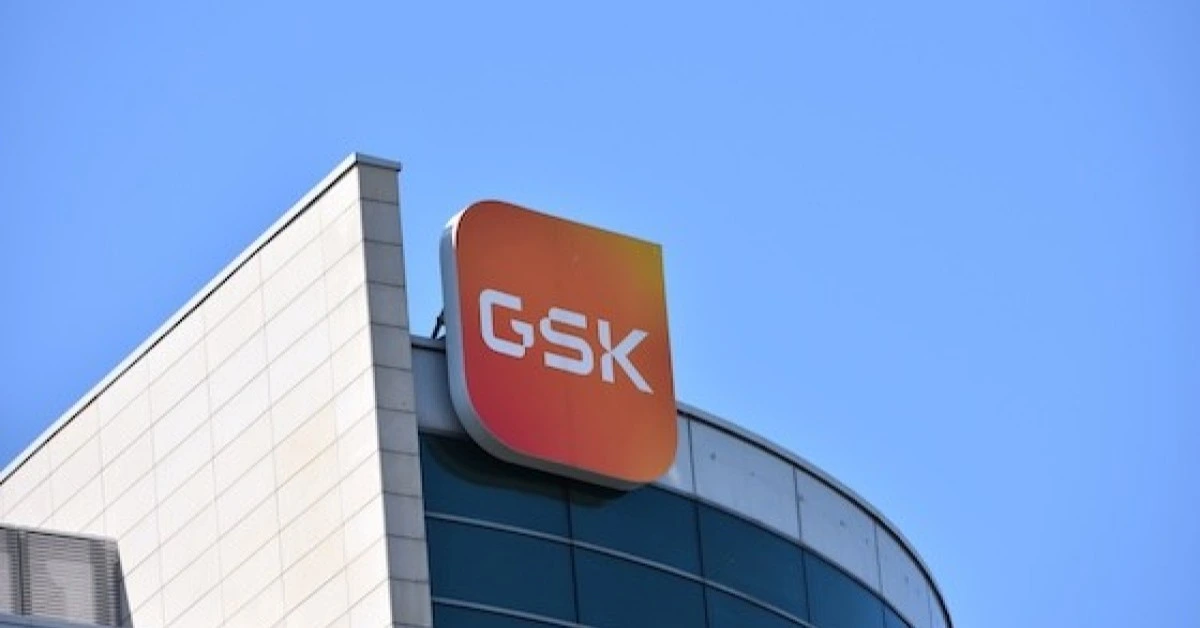
UK – GlaxoSmithKline (GSK) is stepping into a pivotal moment in the treatment of chronic obstructive pulmonary disease (COPD) with its anti-IL-5 biologic Nucala (mepolizumab).
The company aims to rival Sanofi and Regeneron’s Dupixent (dupilumab), which currently leads the biologics market for COPD.
Newly published data from the MATINEE trial, featured in the New England Journal of Medicine, reveal that Nucala achieved a 21% reduction in annualised moderate to severe exacerbations in a broad COPD population over two years of follow-up.
Although the headline figure is more modest than Dupixent’s 30–34% reduction in similar endpoints, GSK is positioning its findings as uniquely impactful—especially in reducing severe events.
Crucially, Nucala demonstrated a 35% reduction in exacerbations requiring hospitalisation or emergency care, a result unmatched by any other biologic in phase 3 trials so far.
GSK highlighted this metric as a real-world clinical priority, noting that one in 10 COPD hospitalisations results in death, and half of all patients die within five years of such an event.
“The MATINEE trial uncovers new possibilities in the treatment landscape for COPD patients with type 2 inflammation,” said Dr. Frank Sciurba, principal investigator and professor at the University of Pittsburgh.
“It offers hope that we can better target the drivers of disease and prevent devastating exacerbations.”
Nucala, already a market leader in eosinophilic asthma, generated £1.78 billion (US $2.4 billion) in sales in 2023.
GSK projects that an FDA green light for the COPD indication—expected by May 7—could push annual revenues above £3 billion.
This would mark a significant turnaround after its 2018 rejection, when the FDA cited insufficient evidence from the METREX and METREO trials.
This time, GSK’s approach appears more robust. MATINEE enrolled a wide range of patients—including those with emphysema, chronic bronchitis, or a combination—making the trial more reflective of real-world COPD heterogeneity.
GSK’s chief commercial officer, Luke Miels, noted that 83% of pulmonologists surveyed expressed interest in prescribing Nucala for COPD after seeing the full data profile.
Meanwhile, Dupixent remains the only FDA-approved biologic for COPD, riding the momentum of its 2023 label expansion.
However, GSK’s strategic messaging and MATINEE’s outcomes set up a competitive duel—one that could reshape the treatment of COPD patients with type 2 inflammation, who represent up to 40% of the global COPD population.
With over 300 million people affected worldwide and few recent therapeutic breakthroughs, GSK’s push to bring Nucala to this market may mark a turning point—not just for the company, but for millions of patients living with this progressive and life-threatening disease.
XRP HEALTHCARE L.L.C | License Number: 2312867.01 | Dubai | © Copyright 2025 | All Rights Reserved